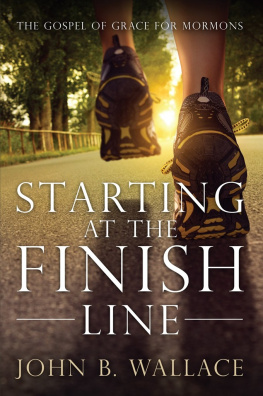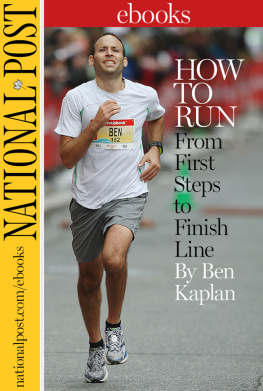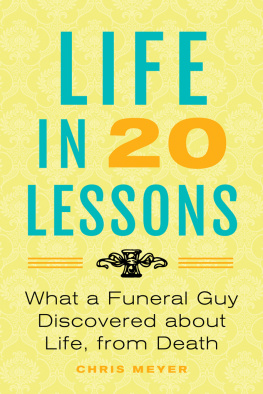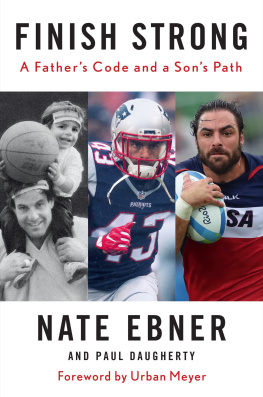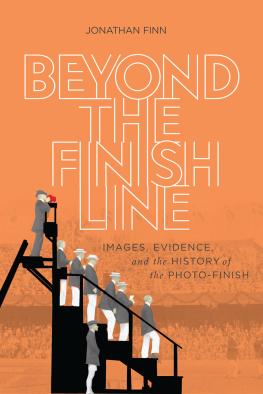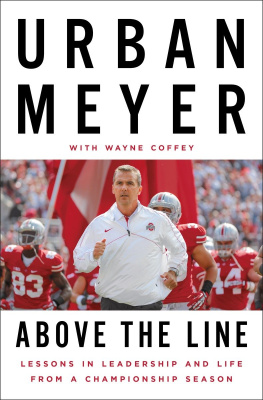Meyer Feldberg - No Finish Line: lessons on life and career
Here you can read online Meyer Feldberg - No Finish Line: lessons on life and career full text of the book (entire story) in english for free. Download pdf and epub, get meaning, cover and reviews about this ebook. publisher: Columbia University Press, genre: Home and family. Description of the work, (preface) as well as reviews are available. Best literature library LitArk.com created for fans of good reading and offers a wide selection of genres:
Romance novel
Science fiction
Adventure
Detective
Science
History
Home and family
Prose
Art
Politics
Computer
Non-fiction
Religion
Business
Children
Humor
Choose a favorite category and find really read worthwhile books. Enjoy immersion in the world of imagination, feel the emotions of the characters or learn something new for yourself, make an fascinating discovery.

- Book:No Finish Line: lessons on life and career
- Author:
- Publisher:Columbia University Press
- Genre:
- Rating:5 / 5
- Favourites:Add to favourites
- Your mark:
- 100
- 1
- 2
- 3
- 4
- 5
No Finish Line: lessons on life and career: summary, description and annotation
We offer to read an annotation, description, summary or preface (depends on what the author of the book "No Finish Line: lessons on life and career" wrote himself). If you haven't found the necessary information about the book — write in the comments, we will try to find it.
No Finish Line: lessons on life and career — read online for free the complete book (whole text) full work
Below is the text of the book, divided by pages. System saving the place of the last page read, allows you to conveniently read the book "No Finish Line: lessons on life and career" online for free, without having to search again every time where you left off. Put a bookmark, and you can go to the page where you finished reading at any time.
Font size:
Interval:
Bookmark:
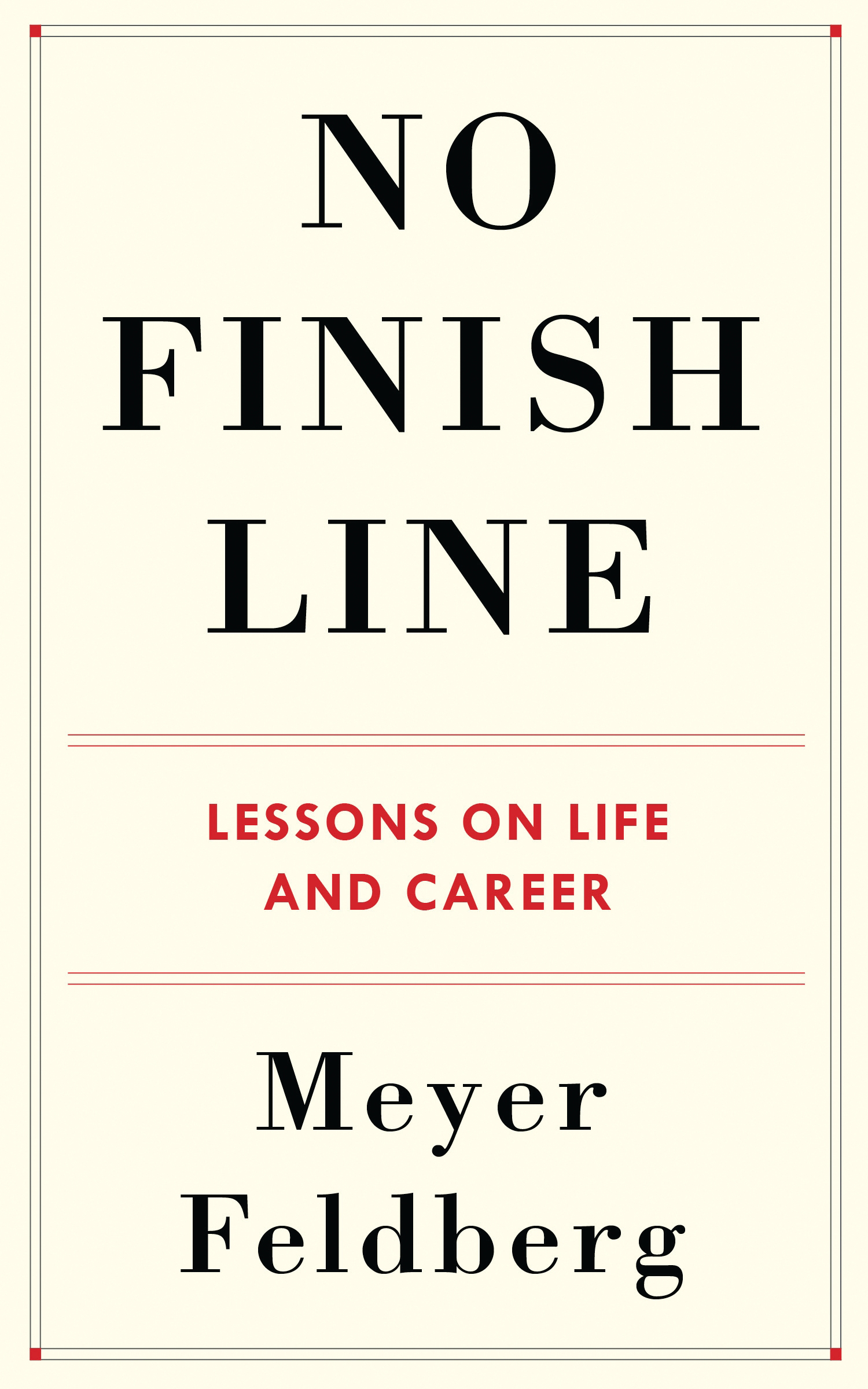
NO FINISH LINE
NO FINISH LINE
LESSONS ON LIFE AND CAREER
Meyer Feldberg
COLUMBIA UNIVERSITY PRESS
NEW YORK
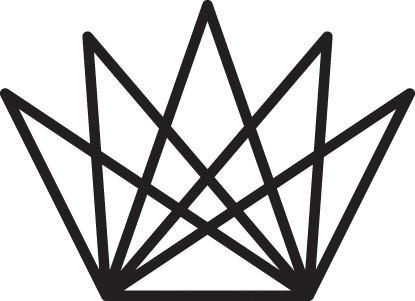
Columbia University Press
Publishers Since 1893
New York Chichester, West Sussex
cup.columbia.edu
Copyright 2020 Columbia University Press
All rights reserved
E-ISBN 978-0-231-55179-3
Library of Congress Cataloging-in-Publication Data
Names: Feldberg, Meyer, author.
Title: No finish line : lessons on life and career / Meyer Feldberg.
Description: New York : Columbia University Press, [2020]
Identifiers: LCCN 2019058736 (print) | LCCN 2019058737 (ebook) | ISBN 9780231196727 (hardcover)
Subjects: LCSH: Feldberg, Meyer. | Business teachersUnited StatesBiography. | ManagementStudy and teaching (Higher)United States. | Investment bankersUnited States. | Conduct of life.
Classification: LCC HF1131 .F45 2020 (print) | LCC HF1131 (ebook) | DDC 650.1dc23
LC record available at https://lccn.loc.gov/2019058736
LC ebook record available at https://lccn.loc.gov/2019058737
A Columbia University Press E-book.
CUP would be pleased to hear about your reading experience with this e-book at .
To my beloved wife, Barbara, whom I found sitting at a swimming pool in Tel Aviv when she was eighteen, and to our children, Lewis and Ilana, and our six grandchildren, Sarah, Max, Noa, Adam, Danielle, and Sophia

In memory of my parents, Leon and Sarah, and my sister, Abigail (Gaia)
I have lived on three continent, eight cities, studied at five Universities and been Dean of three and President of one.
1. Lady Luck. The right place at the right time.
2. Rudie Spoor, the Dutch swim coach who turned me into a world class butterfly swimmer at fifteen years old.
3. Columbia University, where I graduated in 1965 and came back as dean of the Business School in 1989, with a special thanks to President Lee Bollinger, who maintained my professorship and appointed me dean emeritus.
4. My life was greatly influenced by Milton Friedman, who was not only a great economist but a great friend.
5. Special thanks to Eric Schwartz and his team at Columbia University Press.
6. My early mentor Donald Jacobs, dean of the Kellogg School at Northwestern, also known as the Dean of Deans.
7. Great faculty at every institution, including Joseph E. Stiglitz, a Nobel Prize recipient who joined the faculty of Columbia Business School.
8. Michael Bloomberg, three-time mayor of New York City, who on the advice of his sister Marjorie Tiven appointed me president of NYC Global Partners.
9. Peter Martins, who brought me onto the board of the New York City Ballet.
10. My closest friend in New York, Russ Carson, whom I brought onto the Columbia Business School board of overseers and whose advice and friendship Ive always relied on.
11. Safwan Masri, a colleague and great friend of mine and the entire Feldberg Family.
12. To the outstanding team of vice deans and associate deans. There are too many to mention, but they know who they are. I could not have been a success without them.
13. I would not have been able to complete this book without the extraordinary support of my executive assistant, Christina Borrero. She always offered excellent advice. Thank you, Christina.
14. I deeply acknowledge the love and support of my wife, Barbara, and my two children, Lewis and Ilana, as we moved around the world.
I t was seven oclock PM, the floodlights were on, the grandstand was packed, and the crowd roared. On your mark, get set, and bang sounded the starters gun as eight swimmers dived into the pool for the hundred-meter butterfly championship in Johannesburg, South Africa. The year was 1959. One of those eight swimmers was me at age sixteen. I dived in, skimmed across the water. I felt like I was flying on top of it. I had never swum like this before. Toward the end of the first lap I saw that I was three lengths ahead of all the other swimmers. I turned at the wall and started swimming back ten meters, then twenty meters, then twenty-five meters. I was in a state of bliss. I was unstoppable, a record breaker in the making.

Meyer Feldberg, sixteen years old
Then suddenly I felt a sharp pain. My legs and my arms didnt work. I dragged myself through the water with every muscle in my body aching, making it to the end of the pool barely two-tenths of a second ahead of the man who came in second. The whistle blew and I climbed from the pool and walked around to where my swim coach and the rest of the team were waiting. My teammates were uncomfortable and avoided eye contact, my coach angered and upset. He broke the tension and began shouting, What happened? What did you do? What happened? I shrugged and looked sheepishly at the floor. I didnt know what had happened. When you made the turn, you were a second ahead of world record time, he continued, and then in the middle of the second lap you slowed down. In the last quarter of the lap you simply collapsed! What happened?! What happened?! Defeated in victory, I shook my head and walked away.
This race has haunted me for the last sixty-one years. In the end I failed. Sure, I won the race, but I was reckless and arrogant, too caught up in the feeling of success before I had earned it. My coach knew that, my teammates knew that, and years later I would come to know it, too.
At the age of fourteen I was an excellent swimmer, disciplined and determined. Every afternoon at four PM I went to the pool to train with a squad of a dozen young swimmers. I left home daily at five-thirty AM to train from six to eight, swimming a total of six thousand meters. Then I was off to school, and when school let out, I was back in the pool at four PM for another two hours and another six thousand meters, then home, dinner, and sleep, then wake up and do it all over again. There was only one indoor pool in the whole of Johannesburg back then, and it was thirty minutes away from home. It was not an option, so I swam in a 33.3-meter outdoor pool most of the year, seven days a week, even in the winter.
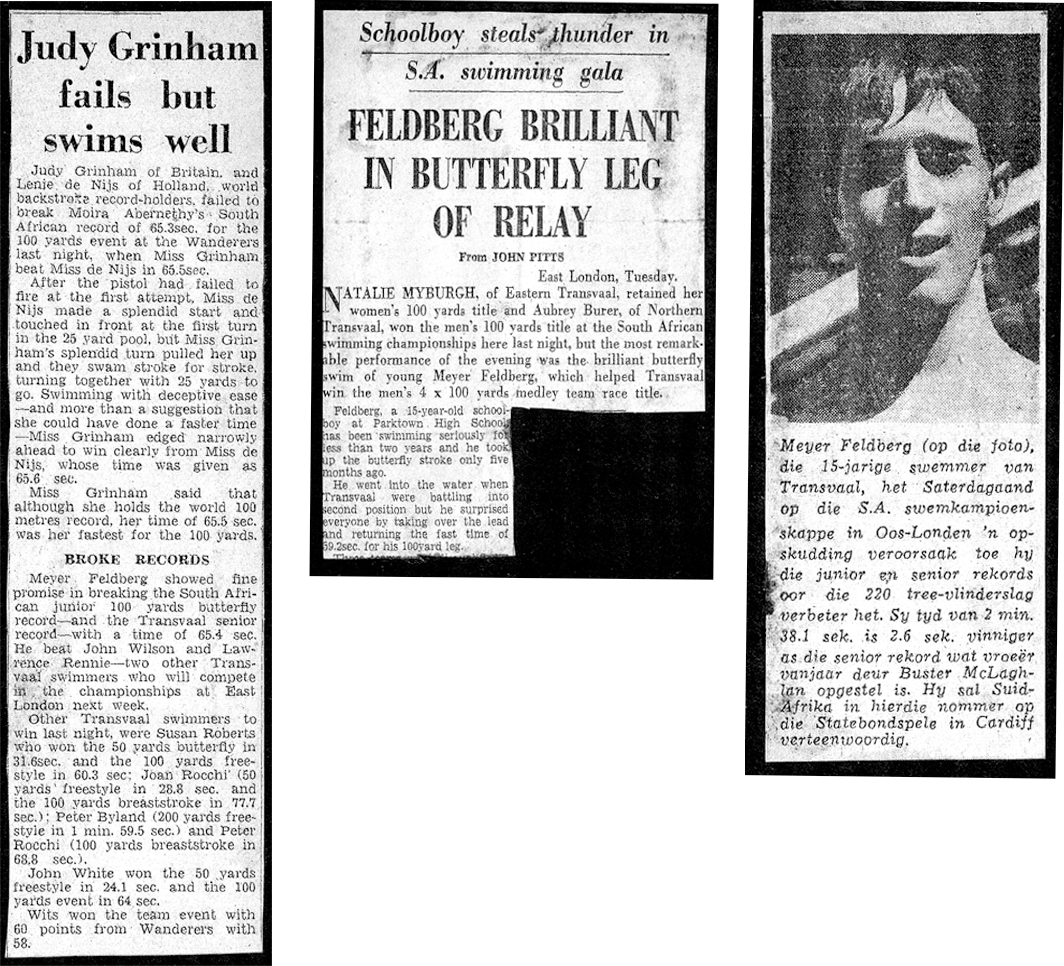
South African news clipping
When I was fifteen I won the South African two-hundred-meter butterfly championship. South Africa in the 1950s was a small place, and the swim race was headline news: 15 Year Old School Boy Wins the 200 Meters Butterfly Event. I took swimming very seriously. It was my ticket to a wider world, and it paid off. Overnight, I became a visible athlete in a country that was and remains a fanatically sports-oriented nation. I was one of the youngest male Springboks in swimming history, representing South Africa at international eventsall sports in South Africa are awarded a Springbok (deer) as a symbol of the national team. I wore a Springbok badge and a Springbok blazer, which were invitations to autograph seekers. During my teen years, it was a big deal, a very big deal. The visibility was extraordinary, and in retrospect, it was more than I knew how to handle.
Font size:
Interval:
Bookmark:
Similar books «No Finish Line: lessons on life and career»
Look at similar books to No Finish Line: lessons on life and career. We have selected literature similar in name and meaning in the hope of providing readers with more options to find new, interesting, not yet read works.
Discussion, reviews of the book No Finish Line: lessons on life and career and just readers' own opinions. Leave your comments, write what you think about the work, its meaning or the main characters. Specify what exactly you liked and what you didn't like, and why you think so.

